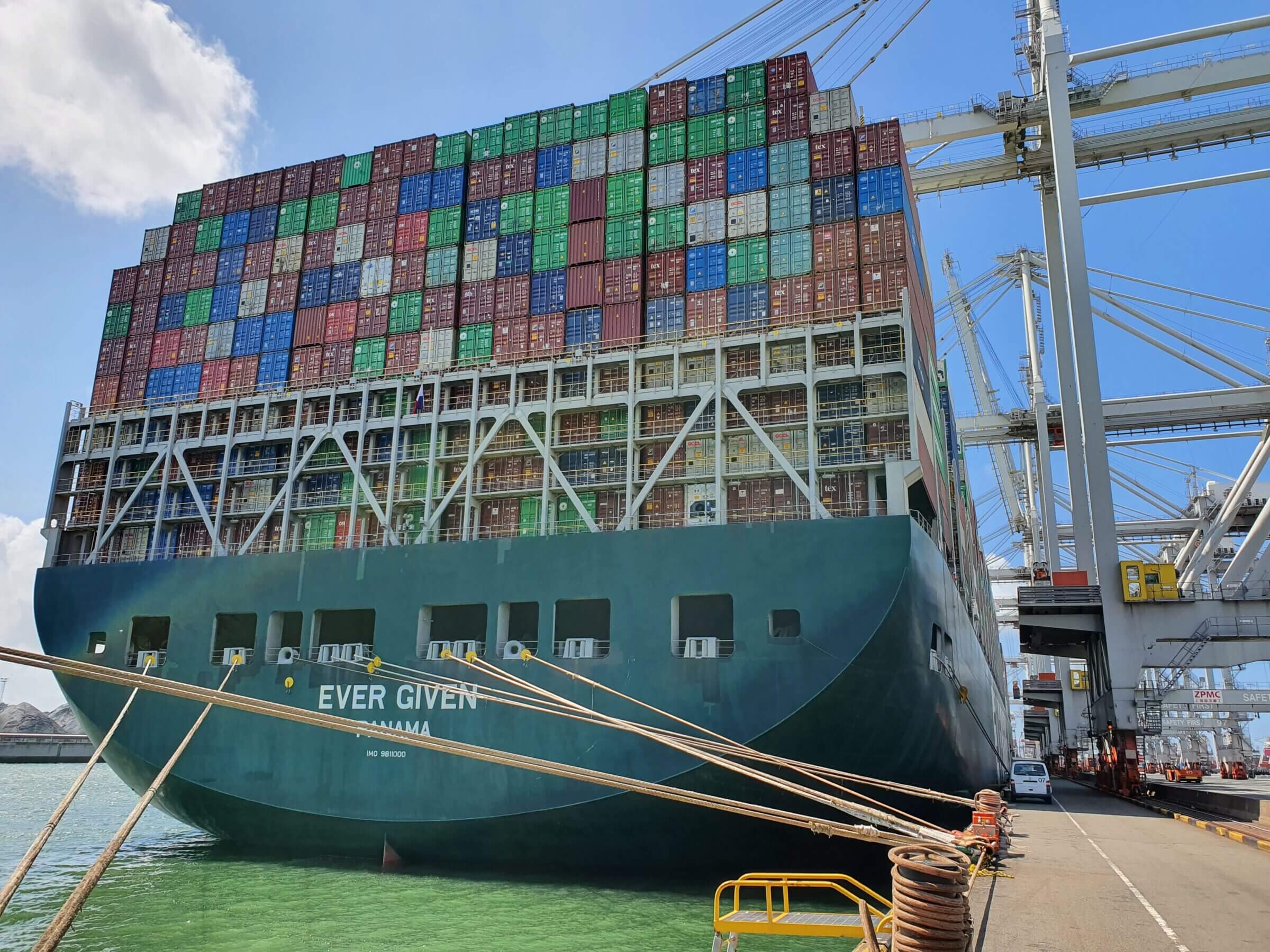Resources
A collection of free resources to help you raise funds and share the work we do

23rd March was the day the Suez Canal stood still as the Ever Given, one the world’s largest containerships, ran aground and delayed movements for one of the world’s busiest shipping routes.
When the Ever Given ran aground and blocked one of the busiest shipping lanes, the world took notice. In the mainstream media, the importance of maritime trade and the lives of seafarers gathered momentum, and for a short while this front-page-news became hot conversation in coffee shops and across dining tables as people realised how much of their daily life comes by ship.
However, as so often happens with media frenzy, when the vessel was successfully re-floated and shipping movements through the Suez Canal resumed, the world moved on – unlike the seafarers on board. Shortly after the horns finished blaring in celebration of the successful manoeuvre to free her, the Ever Given was guided to Great Bitter Lake and was detained by the authorities pending a claim for compensation.
As pundits speculated about the the cause of the incident and the size of fine to be imposed, the thoughts of the Mission turned to the crew and their mental health and wellbeing. Already subject to so much international scrutiny, the crew of Indian nationals and their families were worried about what might happen to them.
The MtS team in London worked with the shipowner and the P&I Club to offer support to the crew, and throughout the incident, our teams from Aqaba and Dubai made three visits to the ship to spend time with the seafarers, listening to their story and offering assistance. All MtS chaplains are trained in supporting individuals in a crisis using a counselling technique accredited by the Critical Incident Stress Foundation.
One of the visits was made by Raeid Tashtoush, the Mission’s welfare officer in the port of Aqaba, Jordan. Raeid is a Muslim who has been supporting seafarers in the Middle East for many years. His experience of seafarers’ welfare, coupled with his fluency in Arabic made him the perfect person to navigate the authorities’ requirements to visit the ship and to offer the crew a listening ear.
“We spoke to the crew about how we could help them personally, and offered to connect their families in India to our teams there so that they could be supported,” said Raeid. I then met with eighteen seafarers still on board and, in turn had some very genuine conversations about how we might help them.”
Following the incident, most of the crew were repatriated home to be with their families, but for those who stayed, the Mission was on hand to visit the ship again when she was finally freed and arrived in Rotterdam a few weeks later.
Despite this unfortunate incident, the Mission’s teams were ready to provide whatever support the crew and their families needed. And whilst the event may no longer be covered by newspapers and TV newsreels, we hope that importance of shipping and the welfare needs of seafarers will remain in the public psyche for years to come.
The Mission to Seafarers is always grateful to its supporters who donate and volunteer, especially through these difficult times. If you would like to support our cause and help seafarers across the world, you can do so by clicking here.